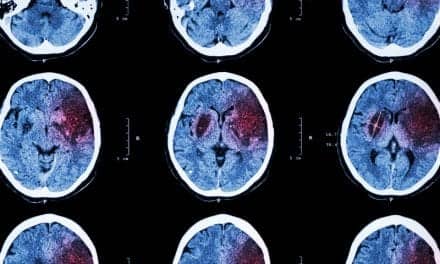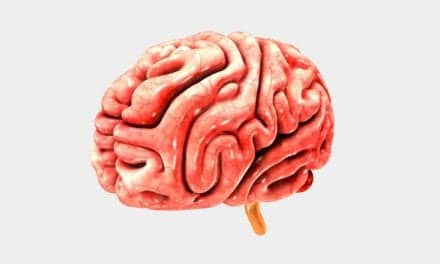New research utilizing functional magnetic resonance imaging (fMRI) has shown that sleep-deprived individuals experience periods of near-normal brain function interspersed with severe drops in attention and visual processing. This study may explain why sleep-deprived people fail to stay alert.
Using the fMRI, researchers measured brain blood flow in people who either received a good night’s sleep or were kept awake all night. Participants were tested in both conditions.
Previous research has shown attentional lapses normally induce activity in the frontal and parietal regions of the brain. This may compensate for lost focus by increasing attention. However, the new study found reduced activity in these areas of the brain in the sleep-deprived volunteers, compared to those who were well rested. The sleep-deprived participants also showed reduced activity in brain regions involved in visual processing during attentional lapses.
“The periods of apparently normal functioning could give a false sense of competency and security when, in fact, the brain’s inconsistency could have dire consequences,” says Michael Chee, MBBS, author of the study.




